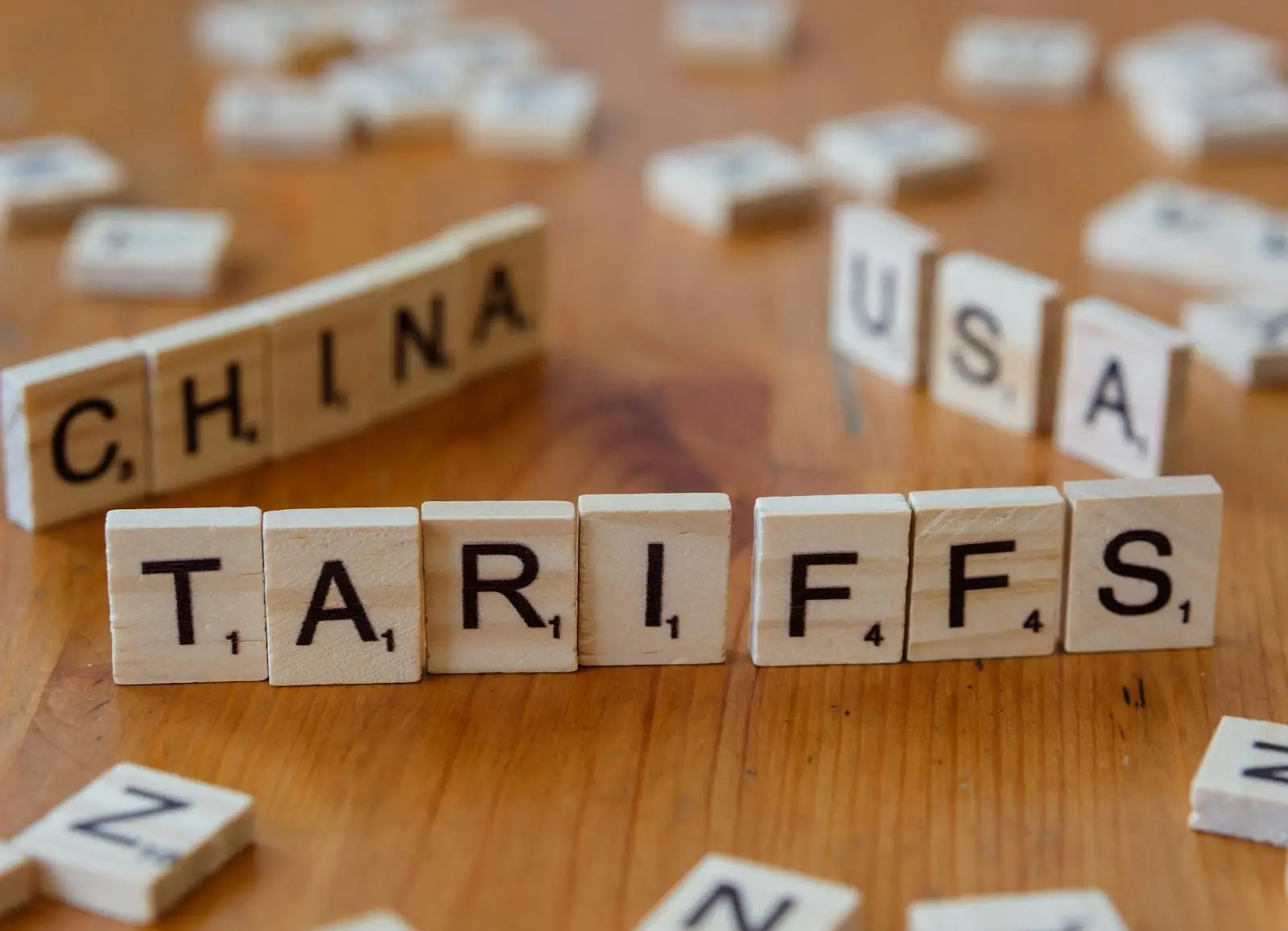China has officially issued a US travel warning as tensions between the two nations intensify due to a rapidly escalating trade war. The Chinese Ministry of Culture and Tourism has advised citizens to reconsider travel plans to the United States, citing rising safety concerns and deteriorating economic relations.
In a rare and direct statement, the ministry warned Chinese tourists to “evaluate the risks of traveling to the US and be careful when traveling,” attributing the advisory to the worsening security environment and strained bilateral ties. The announcement comes amid a sharp increase in tariffs from both nations, creating uncertainty not only in trade but also in educational and cultural exchanges.
The Chinese Ministry of Education echoed the sentiment by highlighting legislative developments in the US, specifically a new bill in the Ohio House of Representatives aimed at limiting foreign influence in state-funded universities. The ministry urged students studying abroad to conduct risk assessments before choosing institutions in states like Ohio, which are pushing for restrictive educational measures.
Tariff Escalation Fuels Diplomatic Breakdown
President Donald Trump has increased tariffs on Chinese goods at an unprecedented pace, jumping from 54 percent on April 2 to 145 percent by April 9. In response, Beijing has retaliated with its own tariff hikes, most recently raising duties on US goods to 125 percent. The back-and-forth escalation has sent shockwaves through the global economy.
On Friday night, the Trump administration carved out some exceptions by exempting key electronics such as smartphones and laptops. However, these products remain subject to a 20 percent tariff tied to China’s alleged role in the fentanyl trade. While the exemptions offered slight relief to some US retailers, businesses dependent on imports from China are struggling under the weight of rising costs.
The Chinese government has not directly responded to Mr. Trump’s public desire for a phone call with President Xi Jinping, though backchannel communications between lower-level officials continue. According to reports, Chinese leadership is wary of putting President Xi in an unpredictable and potentially compromising situation.
Tourism and Education in the Crosshairs
China’s US travel warning highlights the broader impact of political and economic clashes on everyday citizens. Tourism flows between the two nations, already weakened by years of pandemic restrictions, are likely to decline further. Chinese travelers, once among the top spenders in US retail and hospitality sectors, may now avoid American destinations due to fears over safety and potential hostility.
Meanwhile, international students from China — the largest cohort of foreign students in the US — may also rethink their plans. With rising visa scrutiny and proposed legislative barriers in some states, the appeal of an American education could diminish. China’s Ministry of Education’s warning about Ohio reflects growing concerns about discriminatory policies wrapped in the name of national security.
Geopolitical tensions could eventually affect tourism demand more broadly, though for now, analysts expect the most immediate impact to be on long-distance travel from Europe to the United States. Travel warnings tied to border detentions, coupled with boycotts from Canadian travelers upset over tariffs and controversial political rhetoric, are also beginning to threaten inbound international tourism—including cruise travel, which heavily depends on US ports. While cruises are somewhat protected by sourcing goods abroad, experts say booking cancellations could rise if the global economic situation worsens.
Growing Fears of Wider Fallout
Behind the scenes, members of the Trump administration are reportedly worried the trade conflict could spiral into a national security crisis. Some fear it could accelerate Chinese military ambitions, including any long-term plans involving Taiwan.
Despite a temporary 90-day pause on certain global tariffs announced earlier this week, the United States has maintained pressure on China, both economically and diplomatically. Trump officials have stated that over a dozen countries have reached out to negotiate trade terms since the tariffs were introduced, yet China has remained firm, responding only with retaliatory tariffs and critical public statements.
The travel warning marks a new phase in the standoff, signaling that the economic dispute is seeping into people-to-people relations. With global businesses already feeling the strain of triple-digit tariffs and potential supply chain disruptions, international tourism and education could be the next industries to face long-term consequences.
As of now, the possibility of direct talks between the two presidents remains uncertain. What is certain, however, is that the travel warning may be only the beginning of deeper divisions between the world’s two largest economies.













